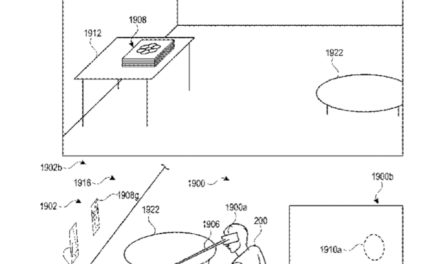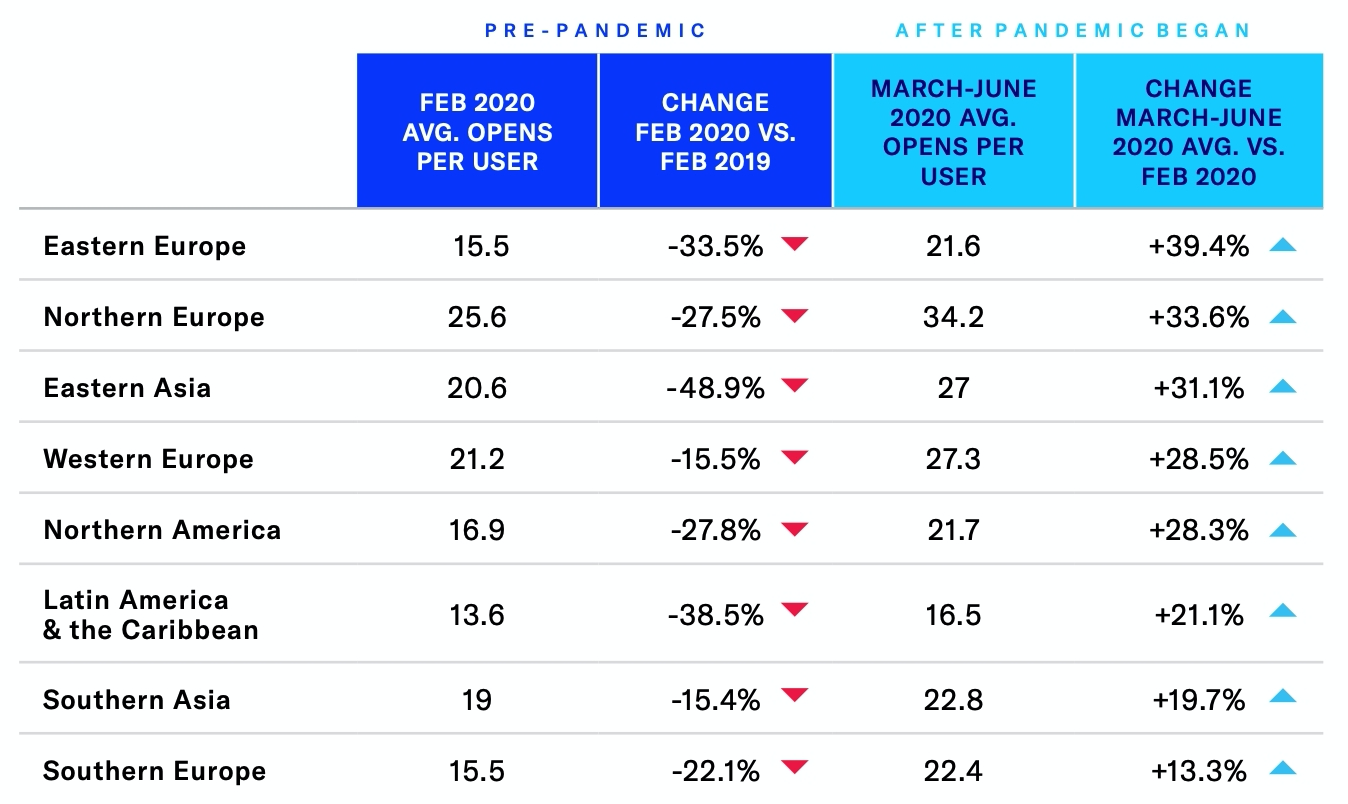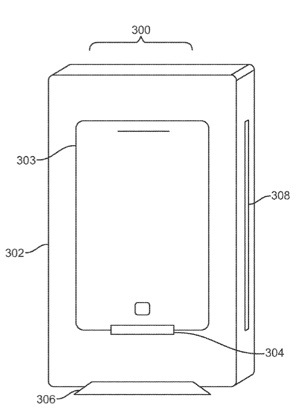More than half (57%) of technology companies don’t expect technological advances will displace any of their workers in the next five years, according to new research from the Consumer Technology Association (CTA). CTA’s Future of Work survey also found that while 29% of respondents do expect job displacement, more than two-thirds (68%) plan to retain workers by offering reskilling programs.
“Emerging technologies including 5G, AI and cloud computing are driving new job growth – and the tech sector knows that preparing tomorrow’s workforce for these evolving jobs is critical for success,” said Jennifer Taylor, vice president, U.S. jobs, CTA. “Tech companies are approaching the workforce talent shortage just as a startup would – by tapping America’s entrepreneurial spirit and finding innovative solutions. Human capital is their number one asset so tech companies need to upskill current workers and create learning pathways for new hires. In less than a year, CTA’s Apprenticeship Coalition offers apprenticeships in 18 states and has helped some 30 companies build and register tech-related apprenticeship programs.
The CTA Apprenticeship Coalition launched in January 2019 with IBM to help create a national corps of skilled workers. Coalition members must commit to learning about and offering apprenticeships – either DOL-registered or industry-recognized – at their companies.
While the demand for skilled workers is still high (86%, down six points from 2018), tech employers are even more concerned about their ability to find qualified candidates – making in-house training and reskilling programs more important than ever. Four-in-five respondents (80%) say it will be hard to find candidates with the right skills, up six points from 2018.
To help identify, hire and retain skilled workers, consumer tech companies are hiring staff dedicated to talent acquisition (45%), workforce development (30%), upskilling current workers (27%) and veteran hiring (16%). However, more than two-thirds (68%) do not offer or support STEM learning opportunities at K-12 institutions or vocational schools to help fill their future talent pipeline.
This underserved area will be key to encouraging students to pursue careers in tech and aligning education with in-demand jobs for the 21st century, according to CTA. Other study findings include:
° Software development (63%), data analytics (53%), engineering (52%) and artificial intelligence (48%) remain the most in-demand tech skills.
° Regardless of company size, employee referral (73%) is the most popular strategy to recruit new talent.
° Health insurance (91%), incentive compensation or bonuses (89%), paid time off (88%) and flexible work arrangements (85%) remain the most important non-salary benefits to retain employees.
° More than half (52%) of companies have corporate leadership dedicated to innovation, diversity and inclusion, workforce development, data privacy, education and/or future of work.
CTA’s Future of Work survey was completed by 252 business leaders who identify as part of CTA membership. The complete survey is available online.





